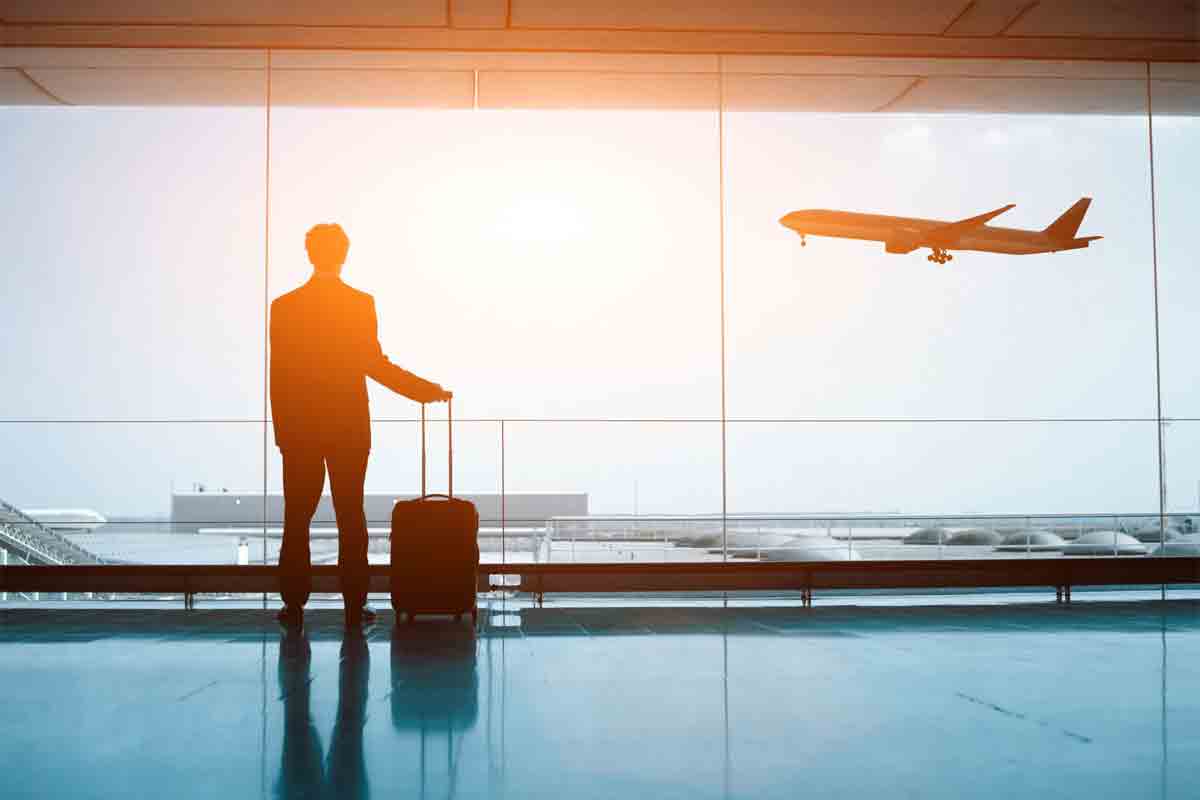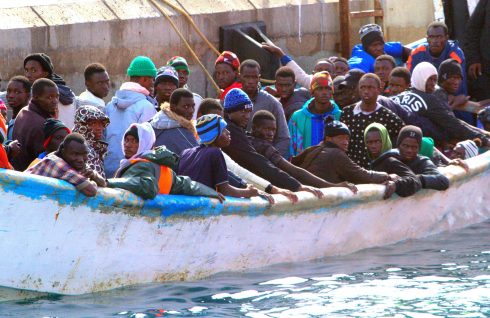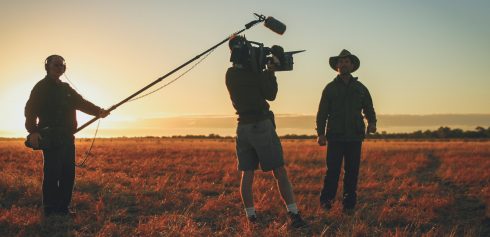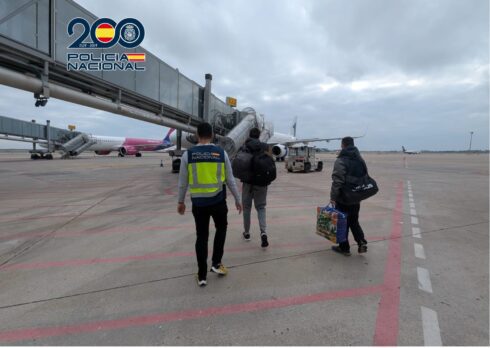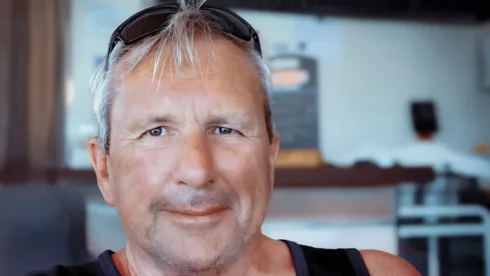PLANE tickets could increase in price by up to 54% due to social distancing, it has been suggested.
Airlines such as Easyjet have stated their intent to keep their middle seats empty once flights resume, in order to try and upkeep some forms of social distancing.
It’s thought that more airlines will follow suit, something that would cause the maximum capacity of flights to be reduced by a third.
The aviation industry has grounded to a virtual halt, with many airlines suffering huge losses and these plans could potentially make things worse.
According to the International Air Transport Association (IATA) this could cause the increase of flight tickets by up to 54%.
The IATA supports the plans to make use of face masks compulsory for all passengers and crew, but doesn’t support the idea of leaving middle seats empty.
IATA Director General, Alexandre de Juniac said: “Airlines are struggling to survive. Eliminating the middle seat would increase costs. If we make up for this with higher fares, the era of cheap travel will come to an end.”
In addition, most authorities recommend a two metre distance between each person when social distancing, whereas the length of one plane seat is half a metre.
According to the Association, the increase in fares would be between 43% for destinations in Africa and the Middle East and 54% for Asia-Pacific, depending on the region of the world.
For flights within Europe, the projected increase is 49%.
IATA ensures that the risk of virus transmission on board an aircraft is low, even without special measures, thanks to situations such as passengers facing forward, the seats offering a protective barrier or the cabin air being constantly renewed.
Juniac added: “We must come up with a solution that gives passengers the confidence to fly and keep the cost of flying affordable. One without the other will have no lasting benefit.”
Other measures promoted by IATA for the protection of passengers and crew are the measurement of temperature of everyone who is at an airport, boarding measures that reduce contact between passengers and crews, limited cabin movements during flights, deeper and more consistent cabin cleanings and streamlined catering procedures that reduce crew movement and passenger interaction.
Finally, when COVID-19 tests are readily available, they would also be used as security measures.

